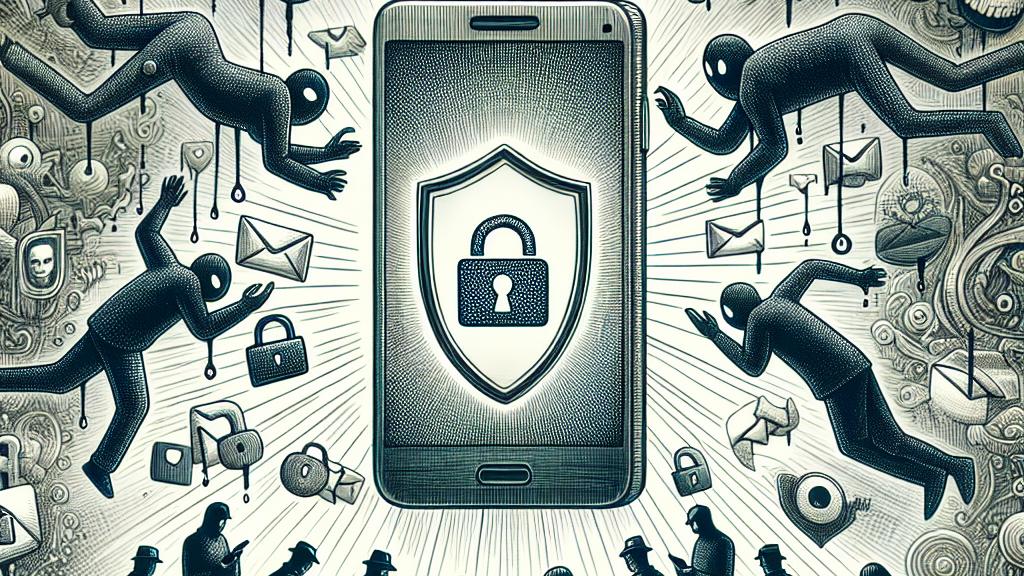Understanding the Risks of SMS Authentication
Overview
- SMS authentication, while convenient, poses dangerous security risks.
- There are safer options available, like authenticator apps and biometrics.
- Government agencies are urging everyone to adopt enhanced security measures.

The Vulnerable Reality of SMS Authentication in the US
In recent times, the United States has witnessed a growing alarm regarding SMS authentication. A notable warning from the Cybersecurity and Infrastructure Security Agency (CISA) has highlighted critical vulnerabilities inherent in this method. SMS messages, often viewed as a harmless way to verify identity, are actually prone to interception. Imagine your personal information being exposed to hackers simply because of a lack of encryption! CISA's recommendation to switch to more secure options—like authenticator apps from trusted names such as Google and Microsoft—underscores the serious need for change. For middle school students and adults alike, this isn't just technical jargon—it's a call to action. Security is not an option; it's an obligation we all share.
Understanding the Risks: Phishing and SIM Swapping
So, what exactly makes SMS so risky? One major threat stems from phishing attacks—where hackers send deceptive messages designed to trick you into revealing sensitive information. Picture this: you receive a text that appears legitimate, complete with a link asking for your verification code. Without even realizing it, you could be handing over access to your accounts! Furthermore, SIM swapping poses another significant threat. In this scenario, fraudsters impersonate you to gain control over your phone number, subsequently intercepting your SMS messages. This danger could lead to identity theft and financial devastation, making it essential for all users—especially students—to understand this precarious landscape. Awareness is the first step to prevention, and knowing the risks empowers you to protect yourself.
Embracing Safer Alternatives to SMS Authentication
Fortunately, there are safer alternatives to consider! For instance, using messaging services like Apple's iMessage significantly elevates your security. With its end-to-end encryption, your messages remain private, accessible only to you and the intended recipient. How cool is that? Likewise, biometric authentication—such as fingerprint or facial recognition—is becoming increasingly popular due to its convenience and effectiveness. Imagine unlocking your accounts with a simple touch or glance—that's the kind of security we should be aiming for! By transitioning to these robust options, you not only shield yourself from common threats like phishing and SIM swapping, but you also make your online experience smoother and hassle-free. Adopting these safer methods is akin to upgrading from a wooden door to a high-tech security system; it significantly enhances your protection.
A Pivotal Moment: The Urgent Need for Change
As we observe an unsettling rise in data breaches and cyber threats, the time for change is undeniably upon us. The shift away from SMS authentication is not merely a trend; it is a pivotal necessity that we cannot afford to ignore. Organizations and individuals alike must recognize that enhancing security measures is no longer optional—it's imperative! It's all too easy to neglect online safety in our fast-paced digital lives; however, by advocating for better practices, we foster a culture of security that protects not only ourselves but also our communities. Reflect on your personal responsibilities concerning cybersecurity: Are you prioritizing security? By stepping up and choosing safer authentication methods, you can contribute immensely to a more secure digital environment for everyone.

Loading...